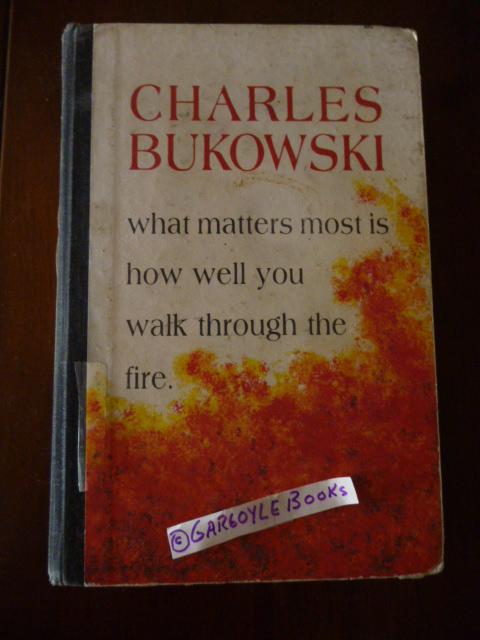
Here, the living long to speak with the dead and the dead with the living, but the divide is uncrossable.

Human Acts takes place during and after the 1980 Gwangju Uprising, during which hundreds, possibly thousands, of students and other civilians protesting the coup d’état that installed the dictator Chun Doo-hwan were killed by the South Korean military. The reader, like the characters themselves, experiences a loneliness so profound that it verges on physical sensation: a wrenching desire to mend these broken connections. Characters cut off from communication-by death, by time, by life’s other cruelties-often address unreachable interlocutors, struggling to be heard, yet only Han’s reader is there to listen. All three books stage conversations hauntingly out of joint, severed dialogues that yearn toward impossible completion.

What does it mean to speak without the hope of a response? To address someone who cannot or will not hear you, who cannot or will not reply? The first three full-length novels by the South Korean writer Han Kang to appear in English pose these questions with an uncompromising starkness.


 0 kommentar(er)
0 kommentar(er)
